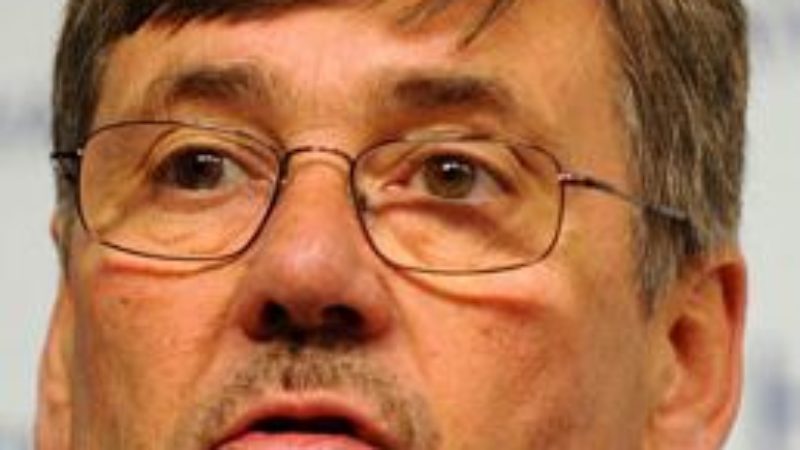
The Coventry and Oxford canals meet at Sutton Stop. Today, the coal-laden barges have given way to pleasure cruisers and over-optimistic fishermen strewn along the towpath. The nearby thrum of the M6 serves as a reminder of how dramatically commerce and every day life have changed in the centuries since the canal was built. Elsewhere around Coventry are the fossils of an industrial past: at Brown’s Lane and at Ryton acres of flattened concrete are all that remains of giant car factories; the iconic tower on Banner Lane has been reduced to rubble; and at Parkside, the only reminder of Rolls Royce are new streets named after historic jet engines.
A few minutes walk from Sutton Stop is Foxford School: last week one of their former pupils made the news when he announced his decision to stand down as the local MP. For 20 years Bob Ainsworth has represented Coventry North East: a former Defence Secretary and a latter day advocate of reforming our drugs laws, Bob has managed to combine being outspoken with a successful front bench career. That he has been able to do so speaks for the credibility he possesses, something that directly results from a rootedness in the place that he represents, and something that is unfortunately a rare commodity in modern politics. Whilst change and renewal are necessary and inevitable parts of politics I will be sad to see him go, not least because so few sheet metal workers have managed to get their feet under the cabinet table.
There will of course be a hotly contested selection battle: the majority in Coventry North East is sizeable and several names are already being touted for a process that has not even begun. Yet in making the succession about personalities the danger is that we forget about the politics. Whatever warm glow we get from our recent by-election successes, contempt for the political process is still widespread and transcends party label. Like many cities, Coventry has struggled with deindustrialisation. The ghosts of vanished factories serve as reminders of the jobs lost and lives changed by an economic whirlwind that has left people feeling powerless: in this context, couching any selection in terms of competing ambitions is crass and will only add to the overwhelming cynicism shown towards politics.
Just as importantly, there is an openness deficit in politics that reinforces the perception of self-interest and stitch-ups: in this context, the relentless focus on personalities only serves to maintain a distance between politics and the people. The party has done very little to help itself in this regard: by contriving a system of short-listing that makes papal conclaves look like a model of openness we open ourselves up to all manner of problems that have been documented elsewhere. However, we are where we are: a puff of white smoke will eventually snake into the air above Terry Duffy House and the resulting shortlist will be placed before party members in Coventry North East. With this in mind, it would be a shame if the story becomes about the people on it rather than how they hope to make Coventry a better place to live and work.
More broadly, there aren’t many working class people like Bob in politics these days. As we come to think about replacing him, that fact alone should make us all pause for thought and ask why.




More from LabourList
‘SEND reforms are a crucial test of the opportunity mission’
Delivering in Government: your weekly round up of good news Labour stories
Labour place third in Gorton and Denton by-election as Greens gain seat